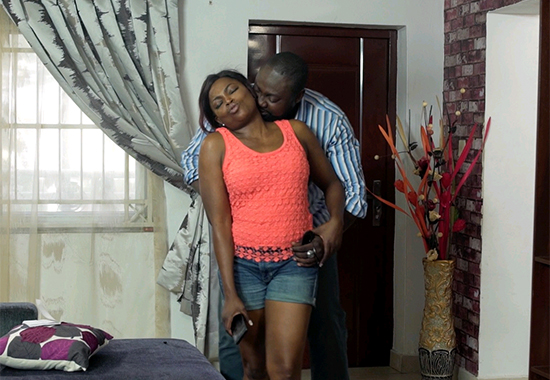Noo Saro-Wiwa considers the Nigerian novelists charting a new course, along with the self-help books gripping millions, for a Times Literary Supplement series on global culture trends:
For any country and any culture, there is always a distinction between the highbrow and lowbrow, official and unofficial. Nowhere is this division more apparent than in Nigeria where the wealth gap, religious diversity and large diaspora mean that some of the nation’s various sub-cultures enjoy huge popularity at home but relatively little internationally, and vice versa.
On the one hand, we have high literary culture, which is currently enjoying a boom. The Chinua Achebe and Wole Soyinka generation of the 1960s and 70s “talked back” to the West with stories that anatomized and challenged colonialism. Their successors have taken a new course, exploring internal dynamics within Nigerian societies. And what great source material they can draw on: family strife, extreme wealth and poverty; corruption, sex and religious tensions. Writers are tackling them in new and original ways. The type of author taking centre stage is changing too. For decades, the most internationally prominent Nigerian authors (Buchi Emecheta, Wole Soyinka, Chinua Achebe and Amos Tutuola) originated largely from the south and wrote in English. But these days, northerners, who traditionally wrote in the Hausa language for a local readership, are beginning to write in English and attracting interest across the country and beyond.
Abubakar Adam Ibrahim’s Season of Crimson Blossoms explores the sexual relationship between a fifty-five-year-old woman and a young gangster, and Elnathan John recently published his first novel, Born on a Tuesday, the story of a young Koranic student who falls in with a street gang. Both books are set in Nigeria’s Islamic north, and this lends a human face and nuance to a region beset by Boko Haram terrorism. The US-based author Chinelo Okparanta explores homosexual relationships in Under the Udala Tree, her award-winning novel. In a country as religious and homophobic as Nigeria, this is brave and adventurous stuff.
(…)


